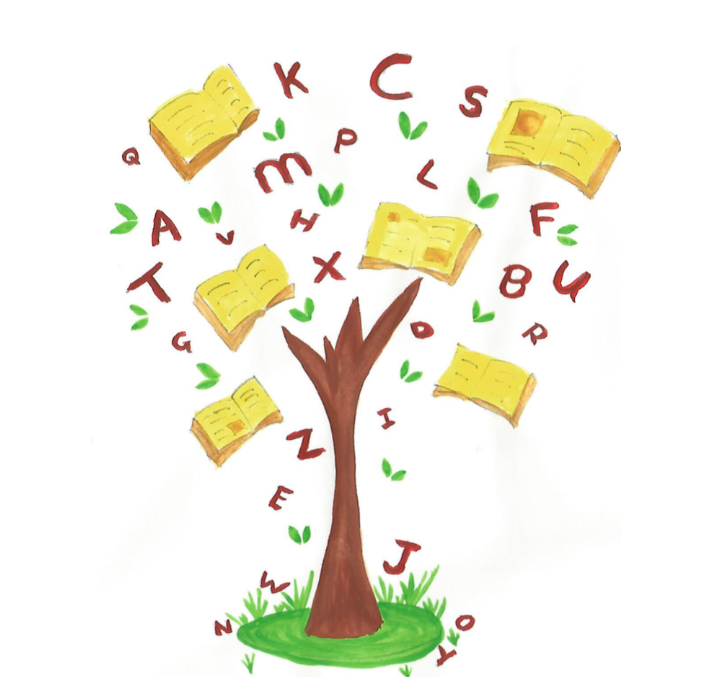Your Summer of Support: Helping Late Talkers Bloom at Home
Summer is here - and with it comes a slower pace, more outdoor play, and new routines. For parents of young children, this season can be the perfect opportunity to support your child's speech and language development in simple, playful ways.
If your child is a late talker (using fewer words than expected for their age), don’t panic - but don’t “wait and see” either. Small, consistent strategies at home can make a big difference. That’s why we’re launching Summer of Support: weekly tips, activities, and encouragement to help your little one find their voice - at their own pace.
🌱 Who is a “Late Talker”?
A late talker is typically a child under 3 who has a good understanding of language, play skills, and social interaction — but uses fewer spoken words than expected.
For example, by 18 months, most children use around 20 words. By 24 months, that number jumps to 100+ and includes simple two-word phrases like “more juice” or “daddy go.”
If your child:
Says fewer than 50 words at age 2
Isn’t combining words by 2.5
Seems to understand more than they say
👉 They may be a late talker.
And the good news? Early support makes a huge difference.
🍓 Why Summer is a Great Time to Support Speech
Summer naturally brings:
More one-on-one time
Flexible routines
Outdoor play and new experiences
These everyday moments create natural, low-pressure opportunities to encourage language.
🏡 3 Easy Summer Activities to Boost Language at Home
1. Snack Time = Speech Time
Use snack prep to model:
Choices: Hold up 2 options and ask your child what they want (e.g. “Do you want apple or banana?”)
Requests: Model the word your little one needs, and then pause to allow them the opportunity to request (e.g. “Juice?…”)
Describing: When your little one is eating, comment on what they are enjoying (e.g. “Cold yogurt. Crunchy cracker.”)
✅ TIP: Let your child help with pouring, scooping, or choosing - these shared tasks invite more language!
2. Talk While You Walk
Nature walks are rich with vocabulary. Try:
Labeling: “Leaf. Bird. Truck!”
Asking simple questions: “What do you see?”
Using fun sounds: “Vroom!” “Tweet tweet!”
✅ TIP: Repeat key words 2–3 times to reinforce them.
3. Water Play Words
Bath time, sprinklers, or a bowl of water all offer chances to:
Narrate actions: “Pour. Splash. Wash.”
Use pretend play: “Let’s wash the baby doll.”
Practice turn-taking: “Your turn, my turn!”
✅ TIP: Repetition and routines help late talkers feel confident to try new words.
💬 You Don’t Have to Do It Alone
At South West Speech Therapy, we support families through in-clinic and online sessions designed to empower you with strategies that truly work.
➡️ Book a Parent Q&A session with one of our highly specialist speech and language therapists
➡️ Or get in touch to make a referral to our team
